White folks, the pie is expandable.
As a group, we have the most privilege, the most resources, the most money, the best jobs, the best opportunities.
We don't have to hoard it all. We don't have to hoard ANY of it.
We don't have to worry that "they" are going to take anything from us.
We don't have to operate with a scarcity mindset.
Equity shouldn't make us resentful.
Justice shouldn't make us suspicious.
We don't have to burden ourselves with doubt and distrust.
We don't have to "protect what we've got."
We don't have to do any of this nonsense.
We just choose to. Individually and collectively.
We can choose to do things differently, view relationships differently, understand contexts differently.
We can choose to BE different.
We can choose to be humble and compassionate and inclusive and collaborative.
We can choose to lift others up. We can choose to disrupt the status quo. We can choose to use our privilege to affect change.
We can choose to do better. We can choose to be better.
It's all a choice. The pie is expandable. There's enough pie to go around. We can keep making pies. We can keep sharing the pie.
Everyone can have some pie. And more than a just a small bite or a thin sliver.
We can all enjoy the pie. The pie can feed the whole world.
If we choose.

